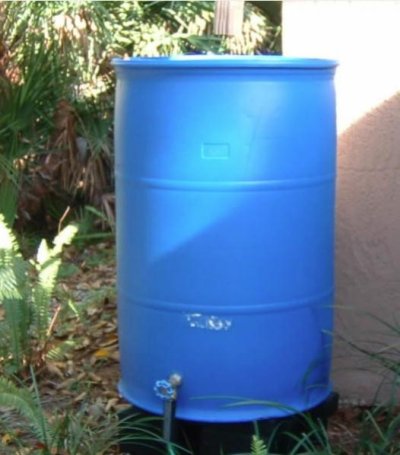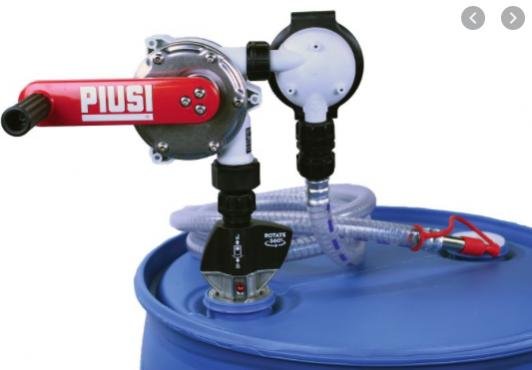mvweebles
Guru
- Joined
- Mar 21, 2019
- Messages
- 7,218
- Location
- United States
- Vessel Name
- Weebles
- Vessel Make
- 1970 Willard 36 Trawler
Maybe shift this thread a bit into the direction of what would it take to make a GB42 as prepared as possible. Leave aside the OP's experience (I think he said he'd cruised the boat from Texas to Cape May NJ, so while not offshore, he probably knows his boat well).
I was surprised at the suggestion to add ballast. But something to think about - at $1.25/lb, its a feasible expense, though I'd want to understand exactly what problem is being solved from a naval architect.
A few months ago, on CruisersForum, there was a Defever 40 with single engine for sale. A couple owned it and had sailed her from San Francisco to Miami over the course of 2-years. Several years ago I did the Baja Ha Ha - 1000 nms south (albeit during a known good weather season) on a Willard 40, one of four powerboats in a fleet of 160. One of our fellow stink-potters was an older couple who had recently gone from sail to a an older Hershine 37 and they were continuing southbound on an open ended cruise. I kept track of them for a few months and they were doing fine. Several years before than, an acquaintance on a Uniflite 48 basically did the same run from San Francisco to Costa Rica and back over a 2-year period. And finally, my Willard 36 is Hull #40 which was splashed in 1970. I have what has to be the very first "Trawler Forum" documents - a 1-1/2" mimeographed set of newsletters from the 1960's of owners who ventured to places like the Galapagos Islands and Panama - when VHF radios were uncommon.
Before the naysayers say "Hurumph - that's coastal cruising!" I'll say yes....and no. There is a coast, but as anyone who has been down Baja, there may be coast, but not much else. Crossing from Cabo to Mazatlan is something like 200nms. There are gulfs Teuhentepc and Papagayo to cross. And the seas can be notoriously bad, though there are tricks to getting through it with only mild discomfort. As a matter of fact, the only boat I know that didn't make it was a Nordhavn 62 that lost power and smashed-up on the rocks in Baja with the loss of one crew's life.
So yea, there are stories - but these are doable trips. 650nms to Bermuda is not to be taken lightly, but if you like being at sea, have decent skills (including mechanical skills), patience to wait out weather, have the desire, and are willing to accept the risk that being on-your-own entails, a GB42 can get it done.
I was surprised at the suggestion to add ballast. But something to think about - at $1.25/lb, its a feasible expense, though I'd want to understand exactly what problem is being solved from a naval architect.
- Lexan storm plates over the windows.
- Beef-up de-watering pumps
- EPIRB/Liferaft
- Enhanced weather routing (Iridium + PredictWind, for example)
- Prep to go overboard to clear prop of net or tarp or trap
- Enhanced engine spares (not sure what this might be - probably a separate thread in itself)
- Back-up Autopilot Pump
- Clean fuel tanks (and plenty of filters)
- Mechanical skills
- Isolated back-up nav gear in case of lightening strike (wouldn't take much)
A few months ago, on CruisersForum, there was a Defever 40 with single engine for sale. A couple owned it and had sailed her from San Francisco to Miami over the course of 2-years. Several years ago I did the Baja Ha Ha - 1000 nms south (albeit during a known good weather season) on a Willard 40, one of four powerboats in a fleet of 160. One of our fellow stink-potters was an older couple who had recently gone from sail to a an older Hershine 37 and they were continuing southbound on an open ended cruise. I kept track of them for a few months and they were doing fine. Several years before than, an acquaintance on a Uniflite 48 basically did the same run from San Francisco to Costa Rica and back over a 2-year period. And finally, my Willard 36 is Hull #40 which was splashed in 1970. I have what has to be the very first "Trawler Forum" documents - a 1-1/2" mimeographed set of newsletters from the 1960's of owners who ventured to places like the Galapagos Islands and Panama - when VHF radios were uncommon.
Before the naysayers say "Hurumph - that's coastal cruising!" I'll say yes....and no. There is a coast, but as anyone who has been down Baja, there may be coast, but not much else. Crossing from Cabo to Mazatlan is something like 200nms. There are gulfs Teuhentepc and Papagayo to cross. And the seas can be notoriously bad, though there are tricks to getting through it with only mild discomfort. As a matter of fact, the only boat I know that didn't make it was a Nordhavn 62 that lost power and smashed-up on the rocks in Baja with the loss of one crew's life.
So yea, there are stories - but these are doable trips. 650nms to Bermuda is not to be taken lightly, but if you like being at sea, have decent skills (including mechanical skills), patience to wait out weather, have the desire, and are willing to accept the risk that being on-your-own entails, a GB42 can get it done.






